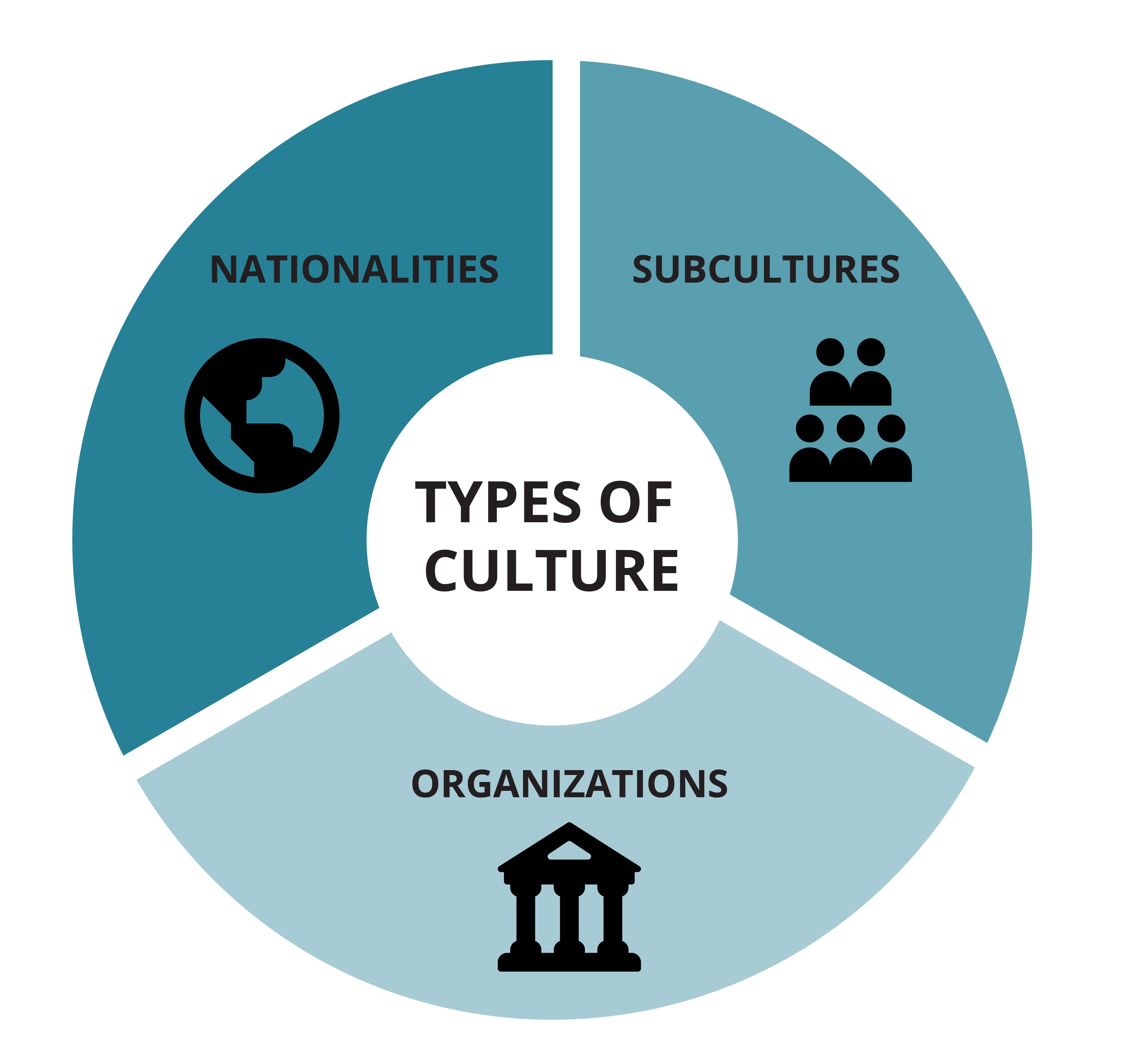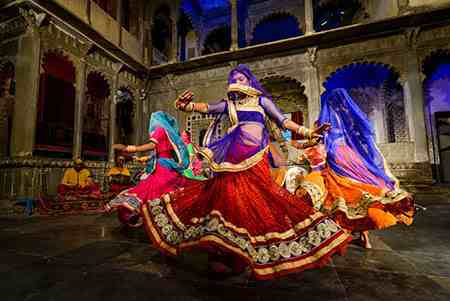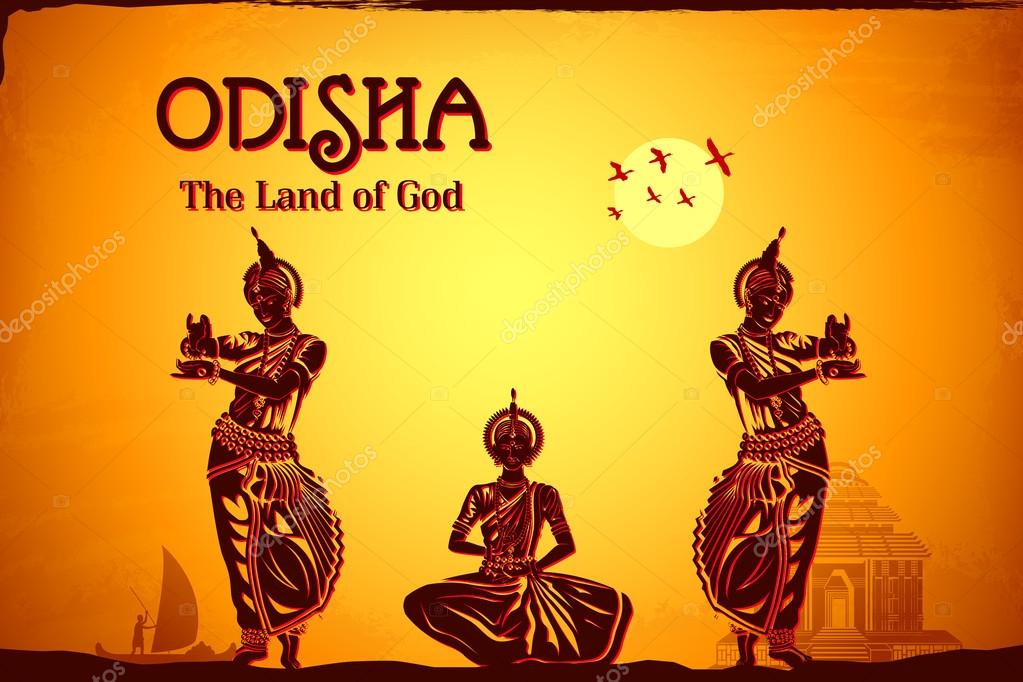-
Types of Culture
- Culture is a dynamic and multifaceted concept, encompassing the beliefs, customs, arts, and social behaviors of a particular group. It can be categorized into various types, including material culture (tangible artifacts), non-material culture (values and beliefs), popular culture (mainstream trends), and subcultures (distinct groups within a larger culture).

-
Western Culture
- Western culture, often associated with Europe and North America, has significantly influenced global trends. It is characterized by individualism, secularism, and technological advancements. The arts, literature, and scientific innovations from the Western world have had a profound impact on shaping the modern global culture.

-
Kerala Culture
- Kerala, located in South India, boasts a rich cultural heritage rooted in traditions and rituals. The state is known for its classical dance forms like Kathakali and Mohiniyattam, vibrant festivals such as Onam, and a distinctive cuisine featuring coconut-based dishes. The emphasis on spirituality and the harmonious coexistence of diverse communities contribute to Kerala’s unique cultural fabric.
-
Culture of Odisha
- Odisha, situated on the eastern coast of India, is renowned for its ancient temples, classical dance form Odissi, and vibrant festivals like Rath Yatra. The state’s art and crafts, including Pattachitra paintings and appliqué work, showcase a deep connection to mythology and heritage. Odisha’s cultural identity is deeply rooted in its devotion to art, architecture, and spirituality.

-
Culture of Maharashtra
- Maharashtra, in Western India, has a diverse cultural landscape reflecting a blend of tradition and modernity. The state is known for its classical music traditions, vibrant folk dances like Lavani, and the grand celebration of Ganesh Chaturthi. Mumbai, the capital of Maharashtra, is a melting pot of cultures, contributing to the state’s cosmopolitan identity.

Conclusion
- India’s cultural diversity is a tapestry woven with myriad threads, each state contributing unique hues and patterns. From the global influence of Western culture to the spiritual richness of Kerala, the ancient traditions of Odisha, and the dynamic cultural landscape of Maharashtra, India showcases a harmonious coexistence of traditions and modernity. Embracing and understanding these diverse cultures fosters appreciation for the vibrant mosaic that defines the nation.
FAQs
-
What are the types of culture?
Culture encompasses various types, including material culture (tangible artifacts), non-material culture (values and beliefs), popular culture (mainstream trends), and subcultures (distinct groups within a larger culture). These categories capture the diverse elements that shape the beliefs, customs, arts, and social behaviors of a particular group.
-
How has Western culture influenced global trends?
Western culture, associated with Europe and North America, has significantly influenced global trends. Characterized by individualism, secularism, and technological advancements, Western culture has left an indelible mark on the arts, literature, and scientific innovations worldwide, playing a pivotal role in shaping modern global culture.
-
What defines Kerala’s cultural heritage?
Kerala, located in South India, boasts a cultural heritage deeply rooted in traditions and rituals. Known for classical dance forms like Kathakali and Mohiniyattam, vibrant festivals like Onam, and a cuisine featuring coconut-based dishes, Kerala’s cultural identity is shaped by spirituality and the harmonious coexistence of diverse communities.
-
What makes Odisha culturally rich?
Odisha, situated on the eastern coast of India, is culturally rich due to its ancient temples, classical dance form Odissi, and vibrant festivals like Rath Yatra. The state’s art and crafts, including Pattachitra paintings and appliqué work, showcase a deep connection to mythology and heritage, reflecting Odisha’s devotion to art, architecture, and spirituality.
-
How does Maharashtra balance tradition and modernity in its cultural landscape?
Maharashtra, in Western India, exhibits a cultural landscape that reflects a blend of tradition and modernity. Known for classical music traditions, vibrant folk dances like Lavani, and the grand celebration of Ganesh Chaturthi, Maharashtra’s cosmopolitan identity is further enriched by Mumbai, a melting pot of cultures. This balance contributes to the state’s dynamic cultural tapestry.
